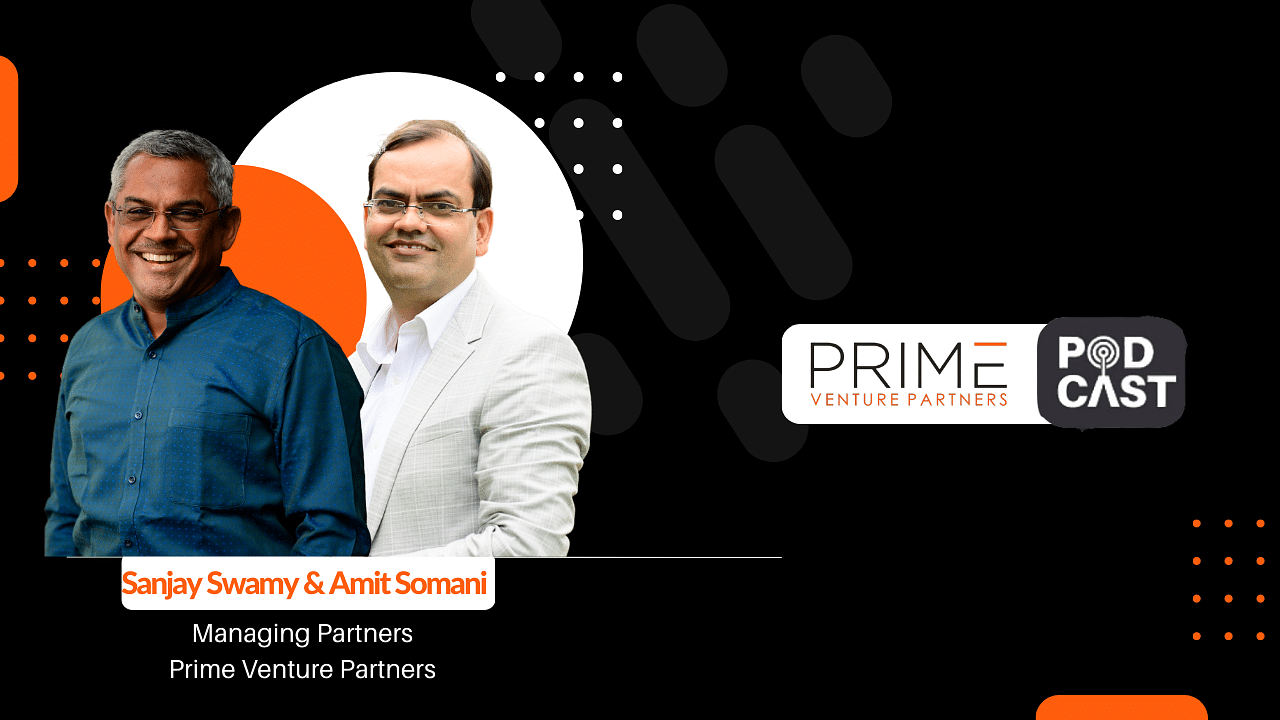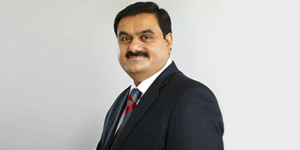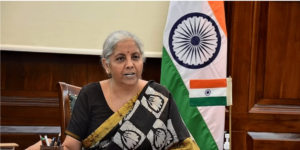Amit Somani and Sanjay Swamy, along with Shreepati Acharya, are the brains behind Bangalore-based Prime Venture Partners. The early-stage venture fund focuses on backing passionate teams with cutting-edge ideas, providing not just capital but also mentoring and support.
With first-hand experience as serial entrepreneurs and through countless interactions with aspiring founders, both Amit and Sanjay are well versed in the nuances of the startup ecosystem.
“There is no right or wrong here. Most importantly, stick to what you are comfortable with as a founder. Push yourselves a little bit, but don’t fundamentally change what you are doing because that’s too risky an experiment,” Sanjay says.
Pre-revenue startup funding: Yes, it’s possible
In the current economic climate, it’s easy to assume that VCs aren’t keen to fund pre-revenue companies. However, early-stage funds like Prime Venture Partners are still willing to bet on such startups. They use specific criteria to evaluate pre-revenue startups and determine whether they’re worth a shot.
If you’re seeking funding as a pre-revenue startup, make sure you focus on the following five parameters: team, TAM, timing, product, and differentiation.
Of course, you’ll need a skilled team that believes in your long-term vision. Each team member must be passionate about the customer problem you’re trying to solve. While you’re at it, invest in customer discovery and identify a problem that’s big enough to build a profitable business in the long run.
“Spend a lot of time on customer discovery before you pitch, especially if you’re doing a pre-revenue-stage startup because that serves as a good proxy for your understanding of the market,” Amit says.
Then there’s the drill of being at the right place at the right time. Even with the best product, you might have trouble scaling your business if you get the timing wrong. Lastly, founders must focus on building a product that’s unique and defensible. That’s what’s going to give you an edge over competitors.
“If we feel there is an opportunity for a transformation of a very large industry, we are very happy to jump in with both feet and partner with such founders,” Sanjay says.
Building culture in a startup
Company culture often takes a backseat for founders when they’re weighed down by the challenges of launching and growing a startup. However, it’s essential to start working on culture – consciously and deliberately – from inception. It’s just as crucial to be transparent about company culture with stakeholders, including employees and investors.
“You have to first define what your culture is, which is to say how decisions get made, what gets rewarded, what gets reprimanded, how people get hired, how people get fired, whatever, what have you. And then discuss and debate with the organisation if they feel like that’s exactly how it is or it isn’t,” Amit says.
Another key aspect of company culture is avoiding bad hiring decisions. As a founder, you must look beyond a candidate’s skills and experience, and evaluate whether they’ll be a good culture fit for your organisation. Letting them meet people they’ll be working with or supervising is an excellent idea.
It’s also worth noting that a startup’s culture isn’t set in stone. Keep it flexible, and adapt to changing economic and social circumstances.
Finding product-market fit
One of the biggest challenges early-stage startups face is establishing product-market fit (PMF). While there’s no one-size-fits-all formula to determine whether you’ve achieved PMF, organic traction and referrals are good indicators.
“Because it means that the customers are pulling your product, it means that you’ve really built something that people want, and you don’t have to market it per se. And I know it’s a bit of a nirvana or a dream,” Amit says.
Another way to find out whether you’ve achieved PMF is to check whether customers are willing to pay for your product even if you raise pricing. It’s a good sign that you’ve built a product superior to your competitors and are on the right track to creating a strong brand presence.
“I think founders should very early validate if they are winning and what’s the value to the customer. After that, pricing settles itself very quickly,” Sanjay says.
You can listen to the full episode here
Time Stamps
00:50 – Investing in pre-revenue startups
06:00 – Building and evolving startup culture
13:09 – Finding product-market fit
21:30 – Balancing product and distribution
26:10 – Saying “no” to investors
28:34 – Maintaining financial discipline post-funding
31:25 – Avoiding bad hiring decisions
35:50 – The importance of building in public










![Read more about the article [Funding alert] Digital workplace platform Saltmine raises $20M from JLL Spark, Jungle Ventures, others](https://blog.digitalsevaa.com/wp-content/uploads/2021/02/Imagepb97-1614167910893-300x150.jpg)